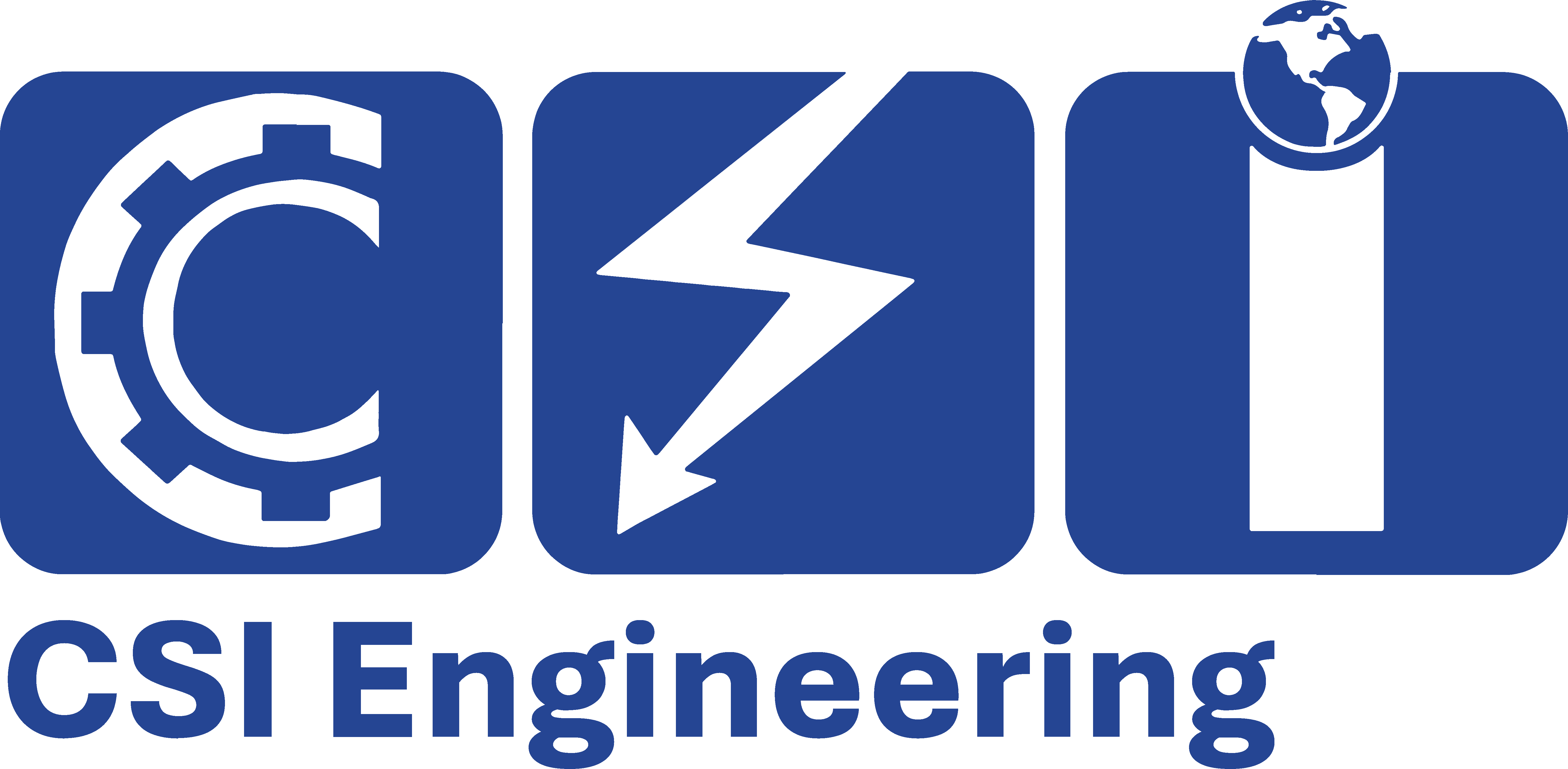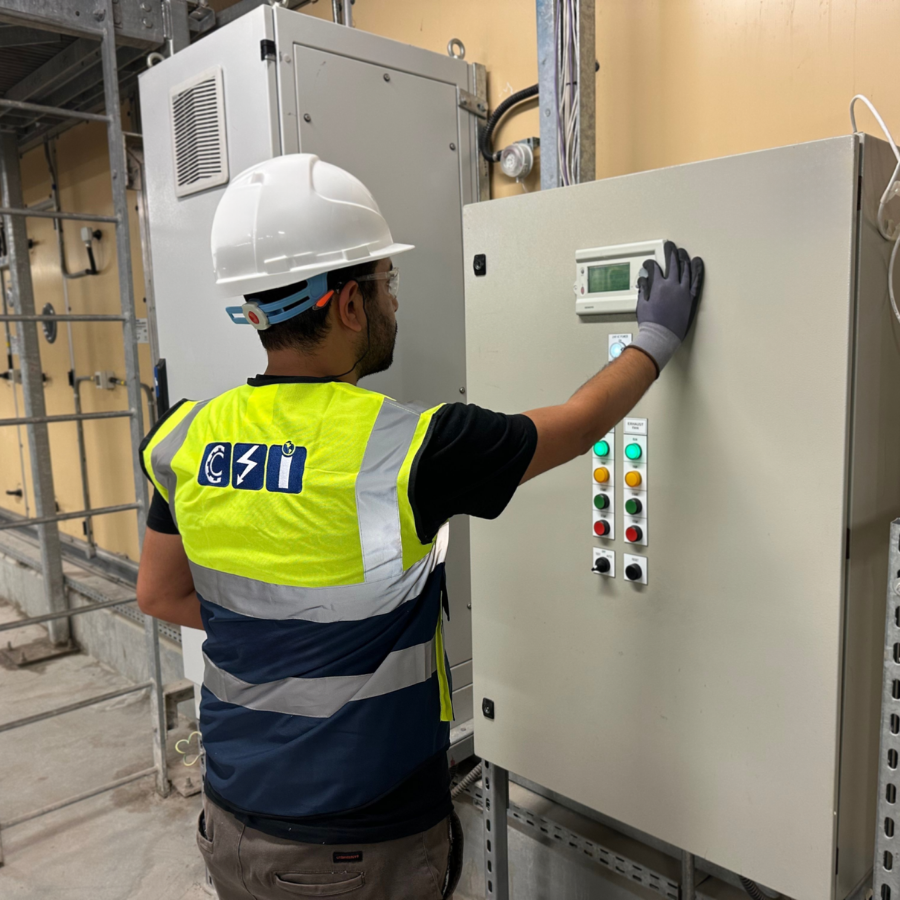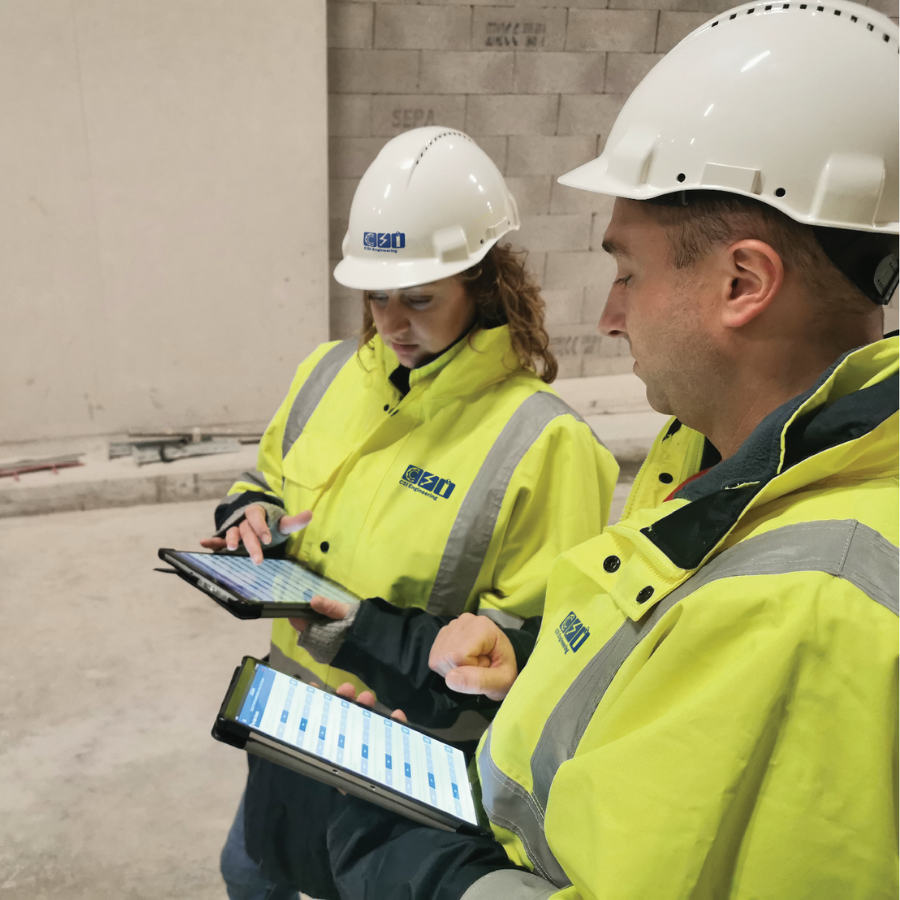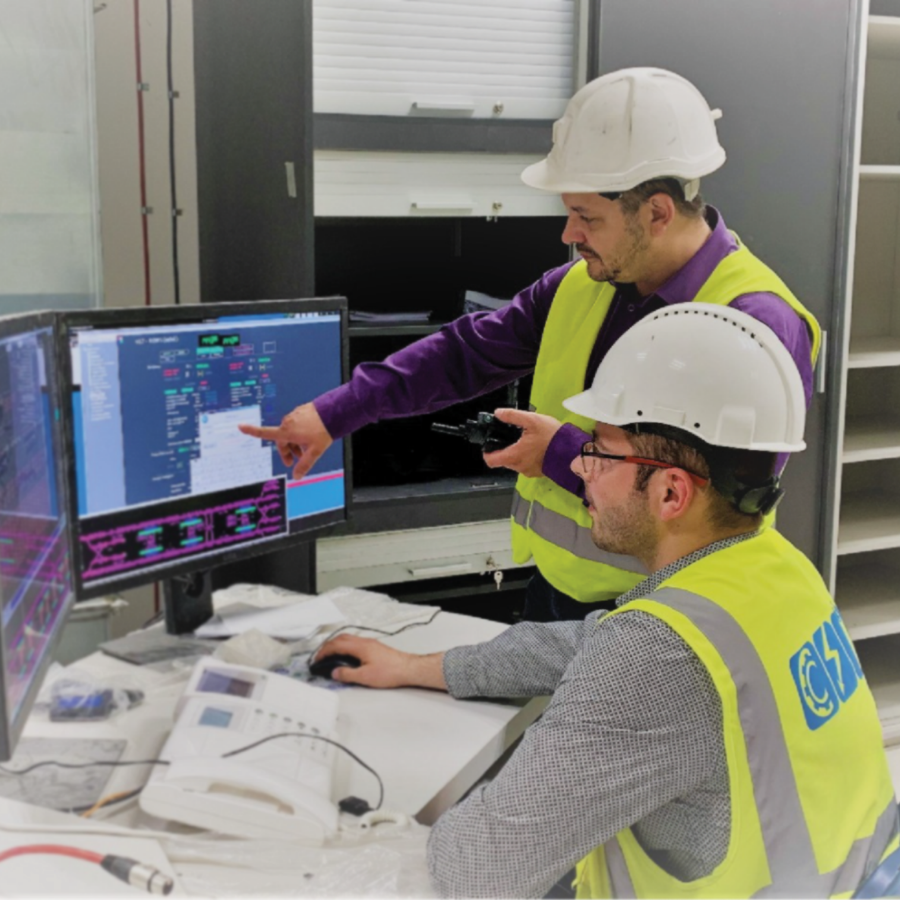- About
-
Service
-

MEP & Facility Optimization
Optimizing MEP systems for efficiency, reliability, and performance.
-
.png)
Digital Solutions & Documentation
Digital solutions ensuring efficiency, accuracy, and seamless project delivery.
-

Training & Knowledge Transfer
Empowering teams through tailored training and effective knowledge transfer.

-
- Sectors
- Projects
- CSI Impact
- CSI Global
Working: 8.00am - 5.00pm










